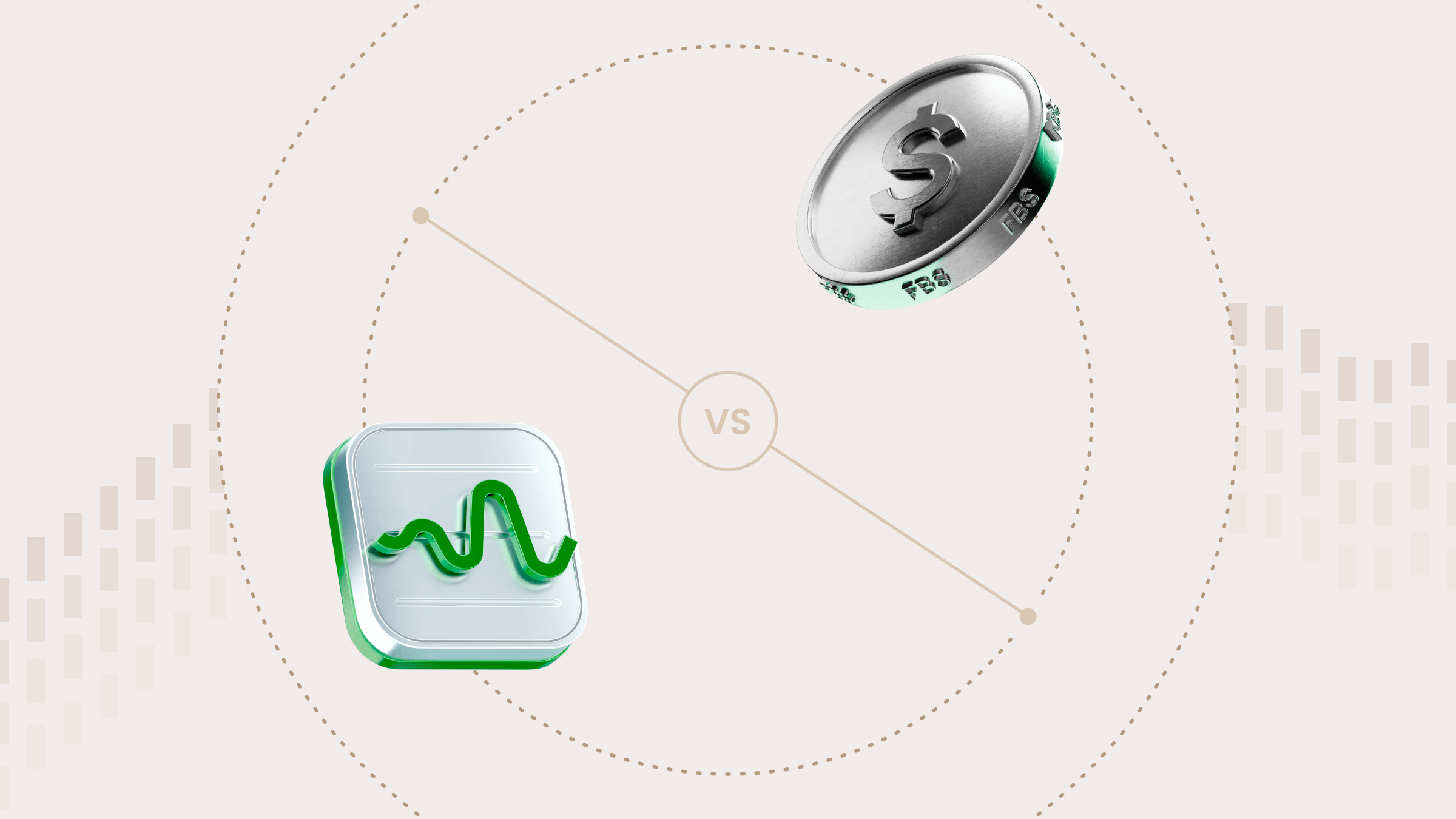
ETFs (exchange-traded funds) and index funds are two very popular types of investment. They are well known for the diversification they can bring to a portfolio, and appeal especially to investors who want to take a more passive approach to managing their assets.
Despite having a lot in common, the way ETFs and index funds work, their tax efficiency, and their flexibility all differ in important ways.
If you are considering these two investment options but need a little help deciding between them, keep reading.
What is an ETF?
Definition and how it works
An exchange-traded fund (ETF) is an investment fund that can be compared to a basket of different assets (stocks, bonds, or commodities, etc.). Just like any other stock, it is traded on a stock exchange, allowing investors to buy and sell it throughout the day at market prices. ETFs are designed to track the performance of an index (e.g. S&P 500), sector, or asset class — a good option for those who seek diversification and liquidity.
Pros and cons
Pros of ETFs
More control: If you’re a sophisticated investor, you can use all your advanced trading methods, like stop-loss orders and margin trading.
Tax optimization: ETFs will trigger fewer taxable events due to their “in-kind” process, which means they don’t generate capital gains when selling their shares.
Smaller investment barrier: small-scale investors can start with as little as the cost of a single share, with no need to invest large amounts of money initially.
Cons of ETFs
More stress: With more freedom comes more responsibility. Price fluctuations and market volatility can create some anxiety.
Trading commissions: Depending on your broker (the company that manages your transactions), you might encounter more fees for each exchange.
Complexity and temptation: Beginners can become overwhelmed by the many options and also suffer from the intraday temptation to sell and buy constantly.
Example: Vanguard S&P 500 ETF (VOO)
Vanguard S&P 500 ETF (VOO) invests in stocks in the S&P 500 Index, which represents 500 of the largest U.S. companies. The aim is to closely track the index’s returns. The expense ratio (as of 04/26/2024) is 0.03%. To invest in this index fund, you’ll need to buy 1 share minimum.
What is an index fund?
Definition and how it works
An index fund is a type of mutual fund that is passively managed and tries to replicate the performance of an important index of the market, like the S&P 500 or Nasdaq 100.
ETFs are similar to index funds in that they, too, are usually managed in a more passive way, and, like index funds, they also try to follow an index. But one big difference between the two is that, unlike index funds, exchange-traded funds are traded on the market like stocks.
That distinction is key to understanding how index funds and ETFs operate on the market.
Pros and cons
Pros of index funds
Simplicity: Index funds are easier to understand and can be a perfect way for new investors to test the waters.
Automation: With index funds it’s possible to keep reinvesting your dividends automatically, taking advantage of the compound effect with less effort.
Predictability: Since they try to replicate a benchmark index, index funds are somewhat predictable and often perform better than actively managed funds.
With advantages like that, it’s no surprise that according to Investopedia, in 2023 index funds had grown to comprise about half of all U.S. fund assets.
Cons of index funds
Less flexibility: Index funds might not be the right choice for investors who want to respond fast to the changes of the market.
Less tax efficiency: With the capital gains created by the transactions inside the fund, you’ll likely encounter more tax events, especially in taxable accounts.
More investment upfront: It’s not uncommon for index funds to have higher minimum investments, like $1 000 or similar prices.
Example: Schwab S&P 500 Index Fund (SWPPX)
Schwab S&P 500 Index Fund (SWPPX) is a fund with no investment minimum. It aims to track the total return of the S&P 500 index. The expense ratio is 0.02%.
Not sure what to trade? Open a demo account at FBS and start your investing journey now!
